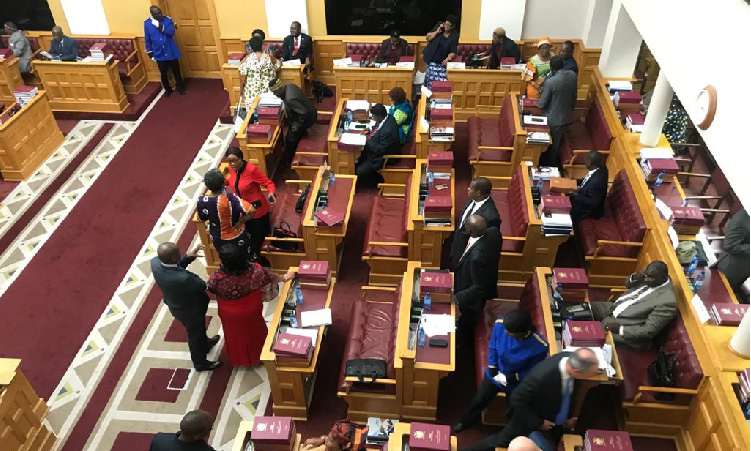JOHANNESBURG – The Zimbabwean government has extended the period for monitoring prices of basic goods and services to June 30 this year, the state-controlled Herald reported on Monday.
This was so profiteering by some elements in the business sector could be curbed, the newspaper said.
The price monitoring also included schools, many of which have embarked on large fee hikes ahead of the first term, which begins on January 13.
According to a Statutory Instrument in an Extra-ordinary Government Gazette published last Friday by the Minister of Industry and International Trade, Obert Mpofu, ‘monitoring of goods and services will continue until the end of June this year.’
According to the Herald, some of the products that were monitored included bread, maize-meal, cooking oil, salt and sugar.
The move meant that businesses and schools had to apply to the National Incomes and Pricing Commission for any price and fee adjustments, the newspaper said.
The effectiveness of the regulations remained to be seen since most businesses were now charging their goods and services in foreign currency, the Herald said.
Recently, the Reserve Bank of Zimbabwe granted licences to more than 1 000 wholesalers, retailers and filling stations to trade in hard currency.
Other businesses and institutions have followed suit even though they did not have central bank approval, the newspaper said. – Nampa-Sapa
Stay informed with The Namibian – your source for credible journalism. Get in-depth reporting and opinions for
only N$85 a month. Invest in journalism, invest in democracy –
Subscribe Now!









